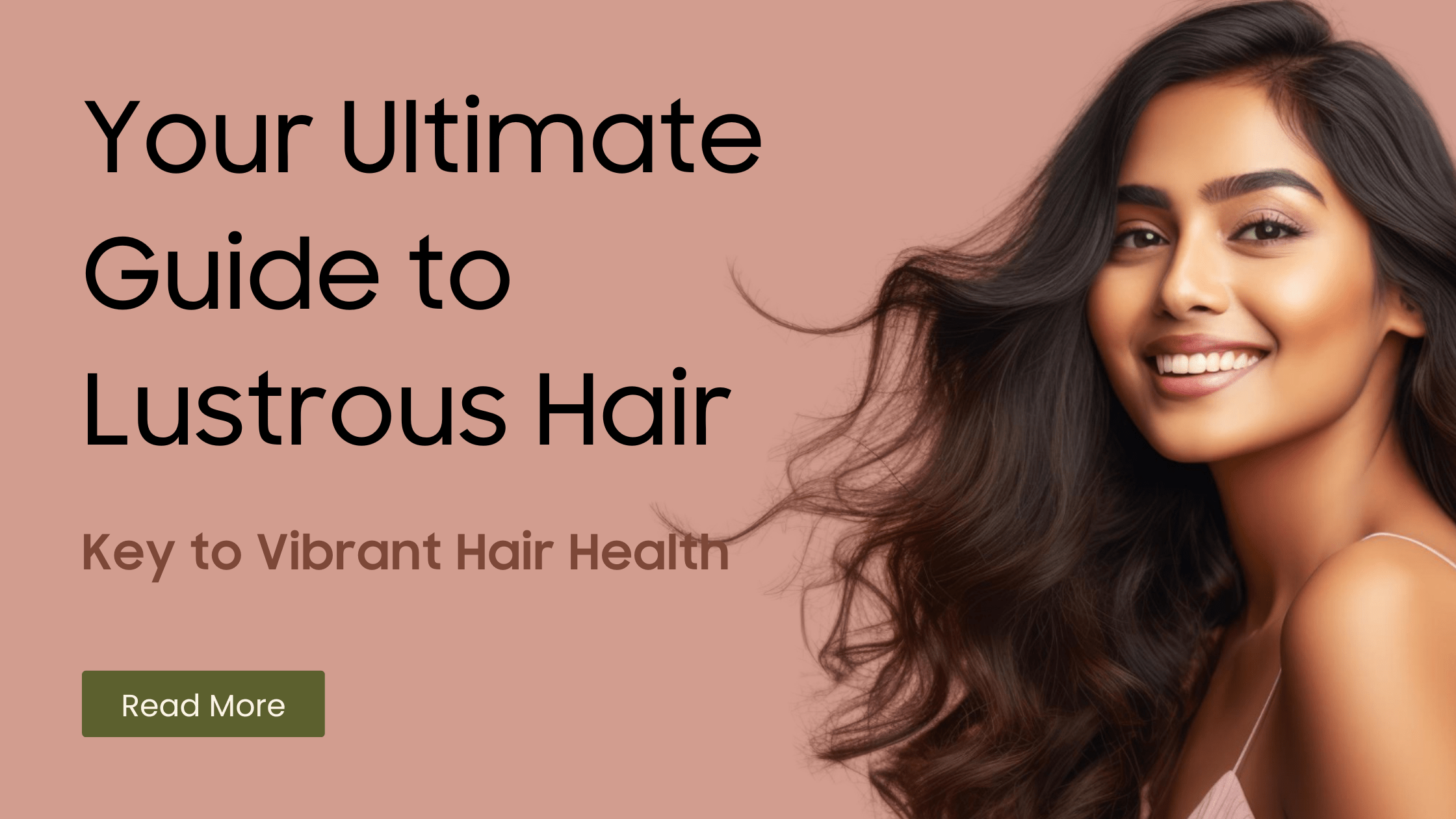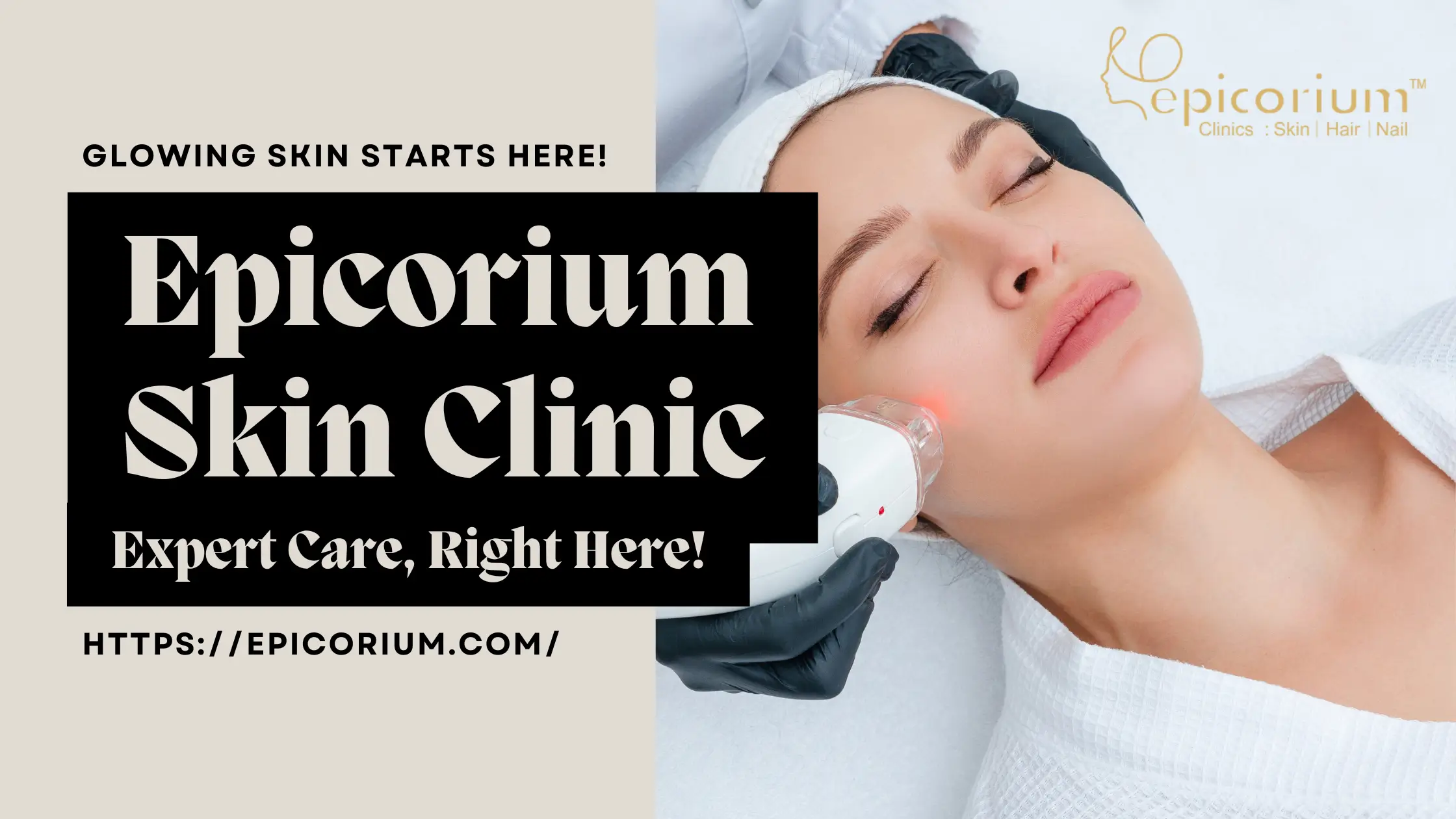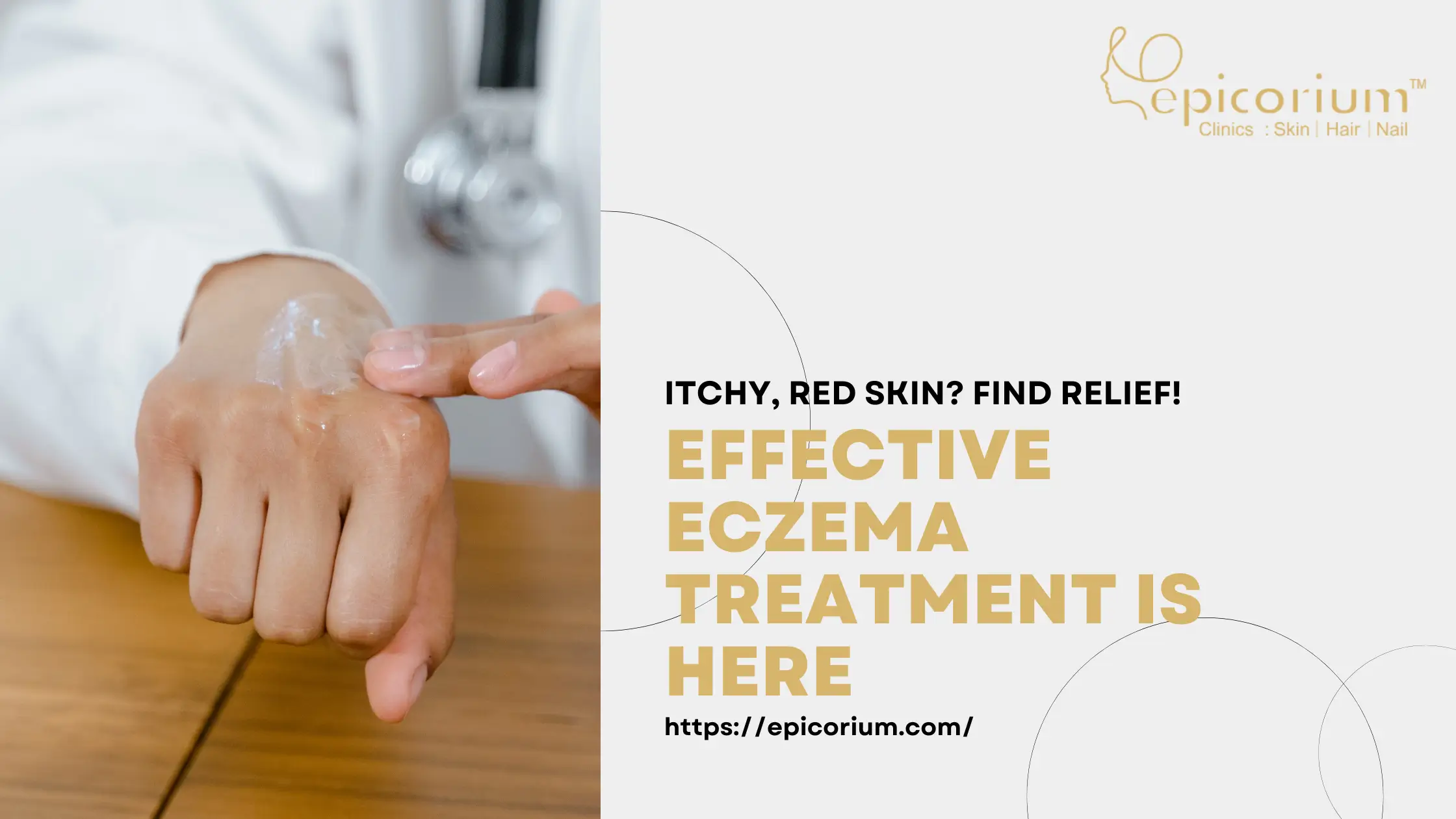
Discovering the Key to Lustrous Hair: Your Ultimate Guide to Vital Haircare Essentials

Table of Contents
Haircare Essentials: Key to Vibrant Hair Health
Maintaining luscious, healthy hair is greatly influenced by the choice of haircare essentials. This guide delves into an array of haircare items, ranging from shampoos to serums, each tailored to address different hair needs. We aim to equip you with valuable knowledge, offering insights, advice, and crucial details to aid in reaching your haircare objectives.
Essential Haircare Lineup:
Shampoo: Integral to any haircare regimen, shampoo purifies your hair and scalp by eliminating grime, excess oil, and residue. Select a shampoo that aligns with your hair’s characteristics and targets specific issues like moisture loss, flakiness, or treated hair.
Conditioner: Conditioner plays a pivotal role post-shampooing, imparting nourishment and hydration to your hair, leaving it silky and easy to manage. Opt for a conditioner that complements your hair type and focuses on mending damage or boosting radiance.
Hair Oil: For deep moisturization and care, hair oils are superb. They tackle issues like frizziness, augment shine, and fortify hair against damage. Seek out oils enriched with organic components such as argan, coconut, or jojoba. Apply hair oil to the entire hair length, not to the scalp.
Leave-in Conditioner: These conditioners provide prolonged moisture and defense. They excel in untangling, minimizing frizz, and offering a gentle nourishing touch.
Hair Masks and Treatments: Specialized hair masks and treatments are crafted for profound repair and rejuvenation. They aid in recovering hair from damage, encouraging growth, and enhancing hair health.
Heat Protectant: To safeguard your hair against heat styling damage, heat protectant sprays or serums create a defensive layer, reducing heat’s detrimental effects.
Styling Products: A diverse range of styling aids, including hairsprays, gels, mousses, and serums, assist in achieving your preferred hairstyle. Choose products that cater to your styling requirements, be it adding volume, smoothing, or defining curls.
Effective Haircare Strategies:
Identify Your Hair Type: Knowing your hair type is vital for picking suitable products. Be it straight, wavy, curly, or kinky, each type has its specialized products.
Examine Product Labels and Ingredients: Pay attention to the contents of your haircare items. Steer clear of harsh chemicals like sulfates and parabens, and favor those with natural, beneficial ingredients.
Develop a Haircare Routine: Regularity is crucial for haircare. Establish a routine encompassing washing, conditioning, and treating your hair for the best results.
Hair Protection: Limit your hair’s exposure to heat, ultraviolet rays, and environmental stressors by wearing protective gear, opting for protective hairstyles, and using heat-protectant solutions.
Nutrition and Hydration: Your diet and hydration levels significantly influence your hair’s health. Include vitamin, mineral, and omega-3 fatty acid-rich foods in your diet for healthy hair, which naturally comes from vegetables, fruits, nuts and seafood.
In Conclusion:
Attaining vibrant, healthy hair involves a blend of appropriate haircare products and a steadfast routine. By recognizing your hair type, choosing the right products, and adhering to vital tips, you can boost your hair’s health and look. Embrace the effectiveness of premium haircare products and discover the secrets to shining gorgeous hair.
Frequently Asked Questions
Q1: What are the essential steps for maintaining healthy hair?
A: The foundation of healthy hair involves a balanced diet, regular cleansing with proper shampoos, and conditioning to retain moisture. Additionally, minimizing heat styling and chemical treatments can significantly improve hair health.
Q2: How often should I wash my hair?
A: This is dependent upon your lifestyle and type of hair. Generally, washing hair 2-3 times a week is sufficient. Natural oils can be stripped off by over-washing, while accumulation can result from under-washing.
Q3: Are natural hair care products better than synthetic ones?
A: Natural products are often gentler and free from harsh chemicals, making them a great choice for sensitive scalps. However, synthetic products have their advantages in treating specific hair concerns. It’s about finding what works best for your hair type.
Q4: What diet is best for healthy hair?
A: A diet rich in proteins, vitamins (A, C, E), omega-3 fatty acids, and especially micro-minerals like iron and zinc is essential for hair growth and strength. Foods like fish, nuts, greens, and lean meats are beneficial.
Q5: Can regular trims promote hair growth?
A: While trims don’t directly cause hair to grow faster, they prevent split ends and breakage, which can make your hair appear healthier and fuller.
Q6: What is the best way to protect hair from heat damage?
A: Limit the use of heat styling tools. When using them, always apply a heat protectant spray and keep the temperature moderateor use normal temperature mode.
Q7: How can I tackle hair fall?
A: Addressing hair fall involves a holistic approach including a nutritious diet, stress management, and avoiding harsh hair treatments. If hair fall persists, consult a dermatologist.
Q8: Is it necessary to change hair care products periodically?
A: It’s not always necessary, but your hair’s needs may change with seasons, age, or lifestyle changes. Listening to your hair and adjusting your products accordingly can be beneficial.
Q9: What role does scalp health play in hair care?
A: A healthy scalp is crucial for hair growth. Regular cleansing, exfoliating, and massages can improve blood circulation and prevent issues like dandruff.
Q10: Can hair care products reverse hair damage?
A: While some products can significantly reduce the appearance of damage, truly reversing hair damage is challenging. The best approach is prevention and minimizing harmful practices.



